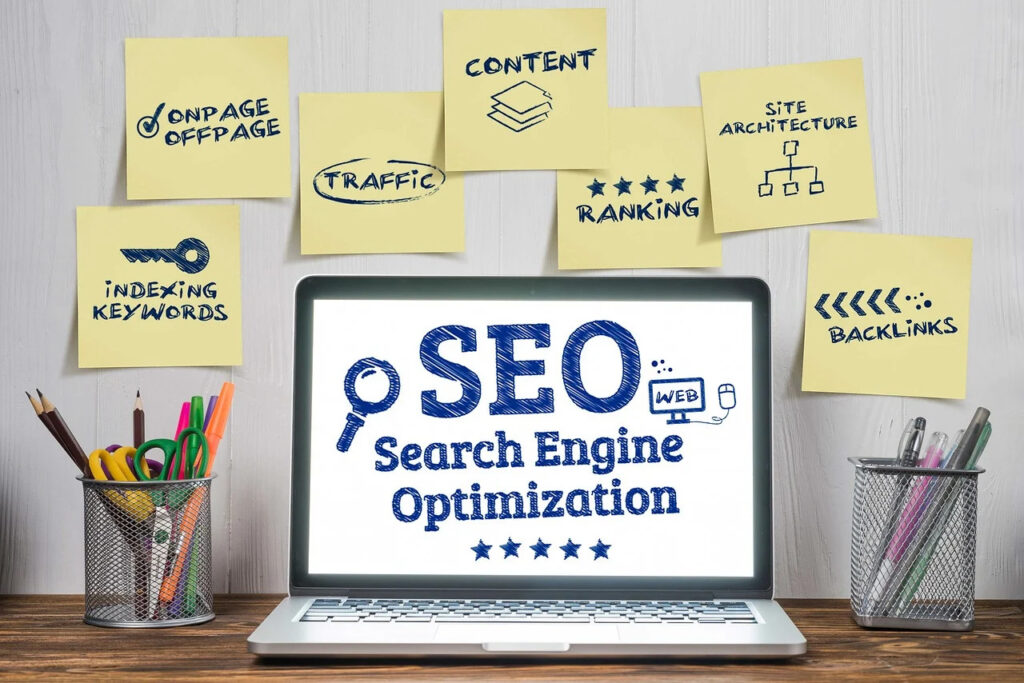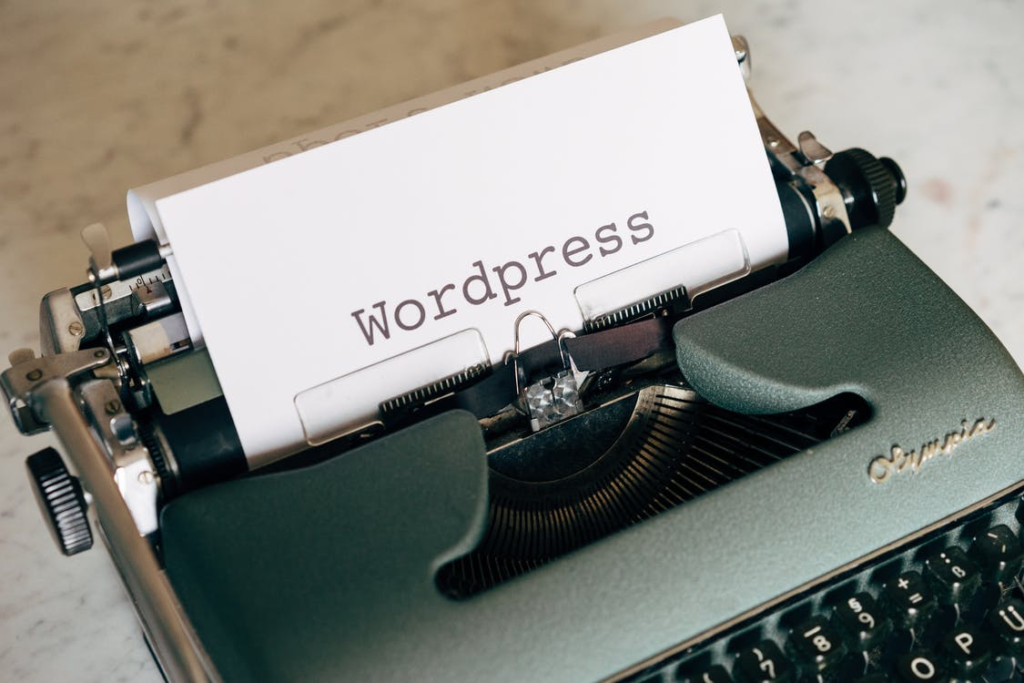If you’ve been thinking about starting a new blog or website, then you may have seen plenty of articles telling you to immediately use WordPress. That’s a standard piece of advice that you’ll find floating around the internet, but there are some essential things to consider before diving right into using WP.
Understanding the Popularity of WordPress
WordPress was initially created to be used as a free ultimate blogging platform, though over time, it has been used more and more as a content management system (CMS) and website builder. Many people also find WordPress easy to use, customizable, and flexible in allowing them to create different types of websites for personal use, businesses, portfolios, and much more. WordPress is also SEO friendly, comparatively safe, and can handle multiple types of media. These are some of the primary reasons that WordPress has become so popular over the years. But things are rarely as straightforward as they seem.
Related: WordPress Security Issues: Everything You Need To Know
Top 10 Reasons Not to Use WordPress
There are more than ten reasons not to default to WordPress when constructing a website or blog, but here are the top factors to consider.
1. Appearance
While customizing the design and layout of your site is easy with WordPress, at this point, it powers over 40% of all websites on the internet and is responsible for the construction of 62% of sites built using CMS. This means that your site is likely to eventually hit a wall that comes with a lack of originality. WordPress websites are chock full of similar features that take away from the unique content that they contain.
2. Malware
As the source of such a large segment of internet content, WordPress has to contend with online threats and malware. Over 70% of WordPress sites are technically vulnerable to attacks for several different reasons. You can help to limit these threats with anti-virus plugins and software, but that doesn’t completely negate all of the potential dangers that have the power to creep into your site to cause problems in your files and database.
3. Set-Up/ Maintenance
While many consider WordPress easy to use, there is a learning curve that you have to work through to set up your site successfully. You’ll need to purchase a domain and web server to host your site, change the domain nameservers, and redirect them to your WordPress site. You then have to work to ensure your site’s safety and that everything is operating as you intended it to.
4. Compatibility and Credibility of Plugins
Many people using WordPress also use additional plugins to help them create new content and save money on development. But you have no way to know the credibility of the plugin and the person who made it. While not necessarily likely, the creator could have been a hacker and built-in secret functions to monitor and log your email and passwords. But even if a plugin is credible, it may not be compatible with other plugins or negatively affect WordPress components.

5. Hosting
Not only do you have to worry about protecting your website, but you also have to take the time to ensure that the server is secure. While many would not think of the server as a potential threat, if someone can hack a WordPress site, their backdoor access will be able to bypass the majority of whatever security you have in place.
6. WordPress Lacks Native Payments
As stated previously, WordPress was intended to be a blogging platform when it was created. People just started using it to build other things and not treat it like a blog. While the system may have adapted considerably to these changes, it still lacks a native way for users to buy anything on your site. Mindspun Payments turns WordPress into a complete digital commerce platform.
7. Limited Functionality
All in all, WordPress isn’t that scalable because, again, it is a blog at its core. It wasn’t built to be a website that can streamline day-to-day business operations, and you are primarily limited by the plugins that are available for you to use.
8. Speed
Many users report having significant issues with the speed of WordPress websites, which can be caused by several factors. Some examples of these factors include poor-quality hosting that can’t keep up with your traffic, a lack of caching plugins, out-of-date plugins, and a lack of image compression and optimization. These elements and many more can all result in the significantly diminished speed of your WP site.

9. SEO Is More Difficult
In many ways, WordPress is very SEO-friendly, but it can take time and effort to make that happen. First, you have to tinker with settings to ensure that they are search-friendly using keywords. You need to keep an eye on incorrect tags and accidental duplication of content, make sure not to add too many links to the homepage, and much more.
10. Hard to Configure for Production
Users of WordPress frequently experience several configuration issues that can severely impede the production and overall success of the site. These complaints involve many factors, ranging from failed email deliveries due to poorly configured PHP mail functions and WordPress 404 error messages due to poorly configured permalink settings.
Related: Blog Post Ideas: A Beginner’s Guide
Final Word
Ultimately, it’s up to you to decide if WordPress is the platform you want to use to build up your blog or website. Only you can choose whether or not the costs outweigh the benefits of the platform. No matter how you construct your site, keep in mind this list of essential limitations and vulnerabilities WP will leave you open to.
Mindspun Payments is a modern digital commerce plugin for WordPress that adds the ability to quickly sell digital products without compromising speed or security.

 Mailing Address
Mailing Address